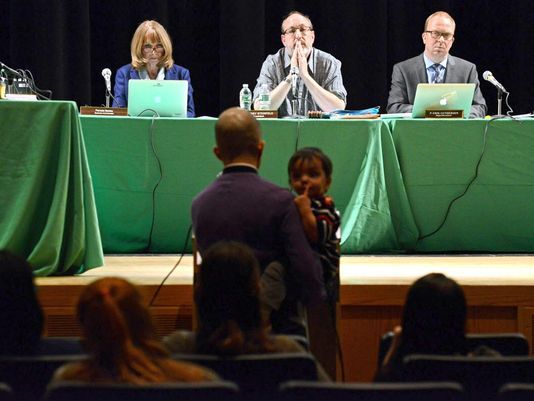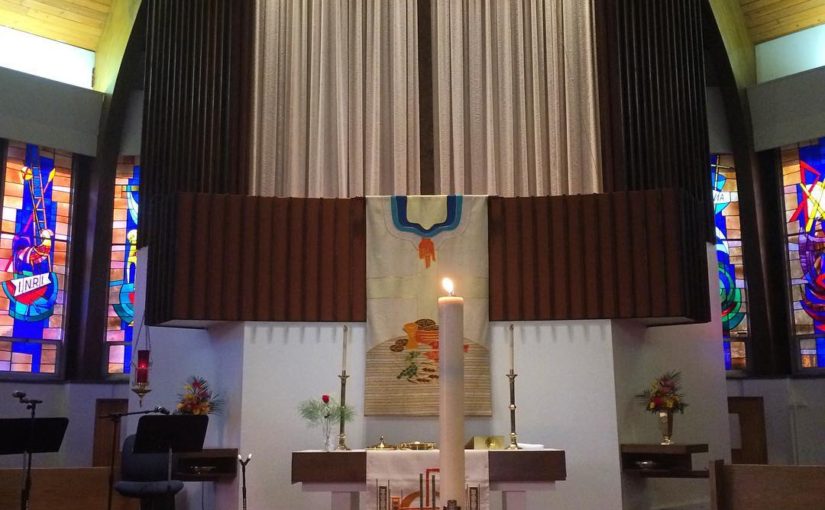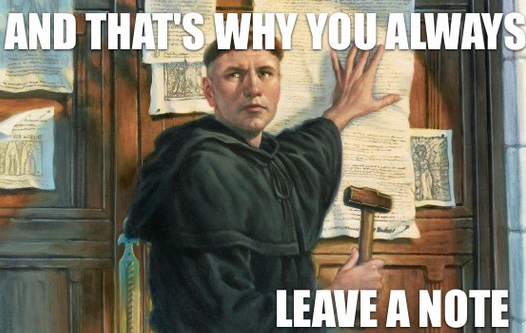The Gospel Reading is Matthew 24:36-44.
Happy New Year! Today is the start of a new church year. For the next 12 months, most of the readings from the gospels will come from Matthew. The Gospel According to Matthew was probably written in the mid-80s somewhere in Syria or Galilee. The author used the gospel according to Mark along with other stories they knew or read about. 50 years after Jesus’ death and resurrection, the early Christian community was struggling to integrate their Jewish tradition, identity, and heritage with their multiracial and multiethnic reality. The Holy Spirit was calling different kinds of people from different kinds of places to be a Christian community. With the fall of Jerusalem and the destruction of the Temple in 70, the early community was trying to discover who they were.
Part of this conversation revolved around the idea of judgment. Matthew is full of judgment. Every few chapters, we hear a person, community, or group being by Jesus, God, and other people. The amount of judgment in Matthew can leave a bad taste in our mouth. If we’re sharing this story with our children, we shouldn’t run away from judgment. Even our preschoolers know what judgment feels like. When we are judged by someone else, it is normal to be defensive. It is normal to be angry or depressed when we experience someone judging us. And it’s also normal to judge others, from the car they drive to the way they dress. One of the lesson we try to teach is not to judge but we all know what judgment feels like.
Could there a joy in judgment? That question is central to Matthew’s experience of Jesus. For Matthew, Jesus is God’s judgment on the world. Jesus shows God’s power breaking into our world, casting out demons, healing the sick, forgiving sins, and bringing the poor good news. God’s love is judgment. But instead of asking us to be defensive, God’s judgment offers us an opportunity for new life. If we have a roof over our head and know where our next meal will come from, Jesus’ judgment might worry us. But for the person without a home and how is hungry, Jesus’ judgment offers an opportunity for food and life. Jesus’ judgment offers an opportunity for joy. One goal this church year is to see the joy in God’s judgment and live that joy in all that we say and do.
Each week, I write a reflection on one of our scripture readings for the week. This is from Christ Lutheran Church’s Worship Bulletin for 11/27/2016.



